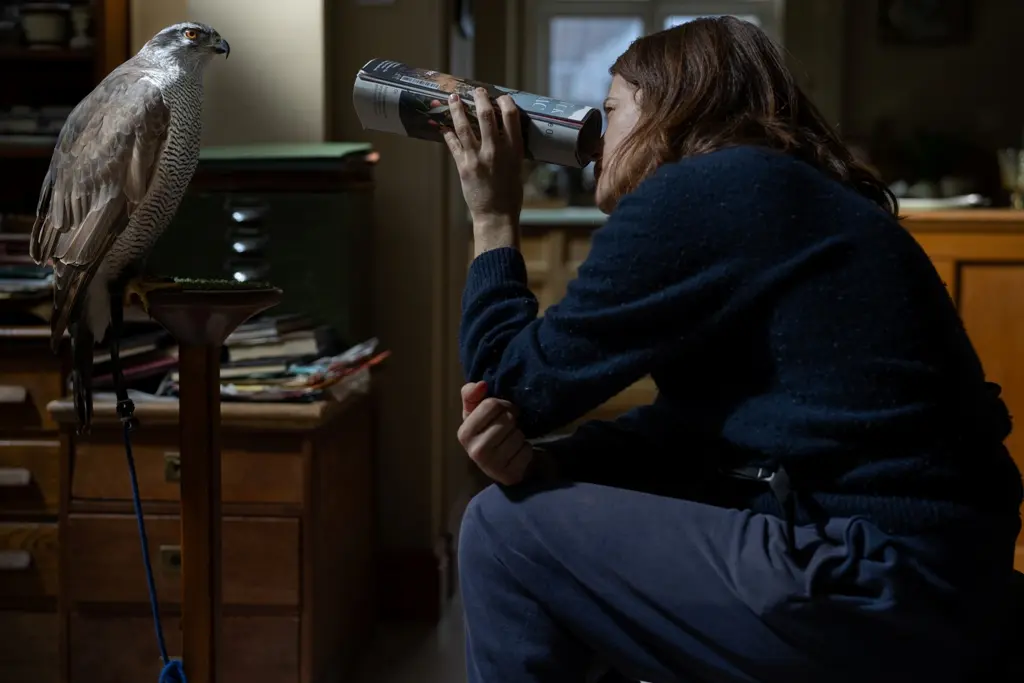NR | 1h 9min | Documentary, Biography, Music | 09 June 2023 (USA)
I can’t speak for other critics, but the single most difficult part of my job is reviewing movies that leave me feeling indifferent. This happens when I consider something to be not quite bad enough to slam or good enough to recommend. “Playing with Fire” (“Fire”), subtitled: “Jeannette Sorrell and the Mysteries of Conducting,” is one such title.





